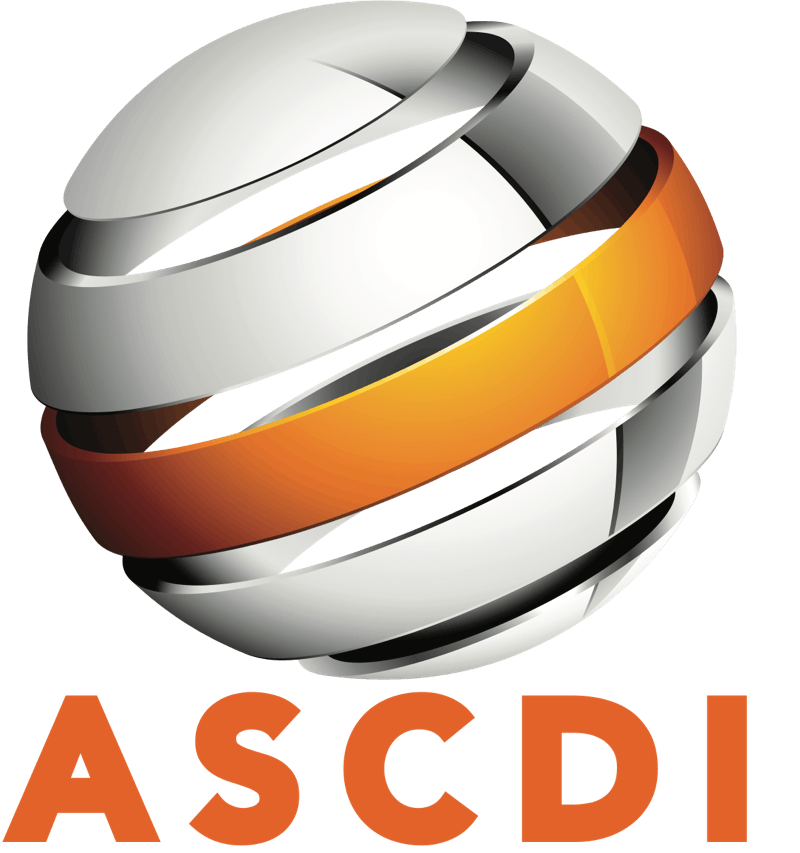Copyright is a legal right that grants the creator of an original work exclusive rights for its use and distribution. This is usually only for a limited time. In recent years, some brand holders have misused copyright to try to prevent the resale and service by anyone other than themselves. The ASCDI has asked the US Copyright Office to help prevent this misuse.
June 11, 2018
Regan A. Smith
General Counsel and Associate Register of Copyrights
Library of Congress
101 Independence Avenue SE
Washington, DC 20559
Re: Docket 2017-10
Exemptions to Prohibition Against Circumvention of Technological
Measures Protecting Copyrighted Works
Dear Ms. Smith
We are responding to your May 21, 2018, letter with questions concerning class 7. We urge great caution in seeking “to define a limiting principle that would allow legitimate repair and diagnosis activities while disallowing circumvention that is more likely to lead to infringement.” The diagnosis, maintenance, or repair of software-enabled devices is highly unlikely to lead to infringement, and thus no limiting principles are needed.
There are hundreds of thousands of products that incorporate computer chips that all need to be repairable. Millions more are on the way. Many of these in theory have media playback capability. The question should not be whether a device has playback capability, but whether the repair or maintenance of the device has led to infringement.
At the most basic level, all digital electronic products include the following three components: a processor (the chip); memory for local data storage; and a power supply. Every chip includes firmware, which consists of the embedded instructions allowing the components to communicate with each other. This firmware is protected by copyright.
Simple devices might contain a small number of chips and limited memory. More complex devices that we define as multi-purpose computers merely include more—and more powerful—parts of the same sort. Instead of a single processor, there may be multiple processors each performing a specialized task – such as graphics, networking, or arithmetic co-processors. There may be more on-board memory in a variety of forms including cache memory, volatile memory, non-volatile memory and integrated storage devices such as hard drives or solid-state memory.
Thus, all products with embedded computer chips are based on the same architecture and the same components, which are assembled at the same factories in a global marketplace. Accordingly, developing rules that apply to these products based on what they are capable of doing, as opposed to how they are actually used, is problematic.
Any exemption for diagnosis, maintenance, and repair must be broad enough to include the following types of devices:
Servers: Wintel based, mid-range Unix based, enterprise proprietary OS, blade servers, racked servers, network servers;
Personal computers: desktops, laptops, tablets, mobile devices, workstations, monitors, displays, keyboards, input and output peripherals, printers;
Networking equipment: routers, switches, firewalls, wireless hubs, front end processors (FEP), VPNs, hubs, handsets, multiplexors, videoconferencing equipment, wireless end points, WAN/LAN;
Enterprise equipment: Peripheral switches, controllers, tape libraries, tape drives, hard drives, hard drive arrays, solid-state drives and arrays, production printers, print handling equipment such as roll feeders, staplers, envelopers, shrink wrappers;
Office equipment: copiers, faxes and multifunction devices including networked printers;
Home Appliances: major appliances (e.g., refrigerators), small appliances, HVAC, plumbing valves, home energy systems, thermostats, garage door openers, irrigation systems, smart electronics; and
Retail and Wholesale Distribution: scanners, dimensional weighing, pick and pack automation including robots, bar code printers, fork-lifts, labelers, automation controls for conveyors, weighing, packaging. Cash registers, self-service kiosks, ATMs.
The attachment to this letter contains a sample of the products serviced by members of the Owners’ Rights Initiative and the Association of Service and Computer Dealers International, which could be configured to include technological protection measures that would prevent independent maintenance and repair.
We are happy to respond to any additional questions you may have.
Respectfully submitted,
ASCDI
Owners’ Rights Initiative
Repair.org

